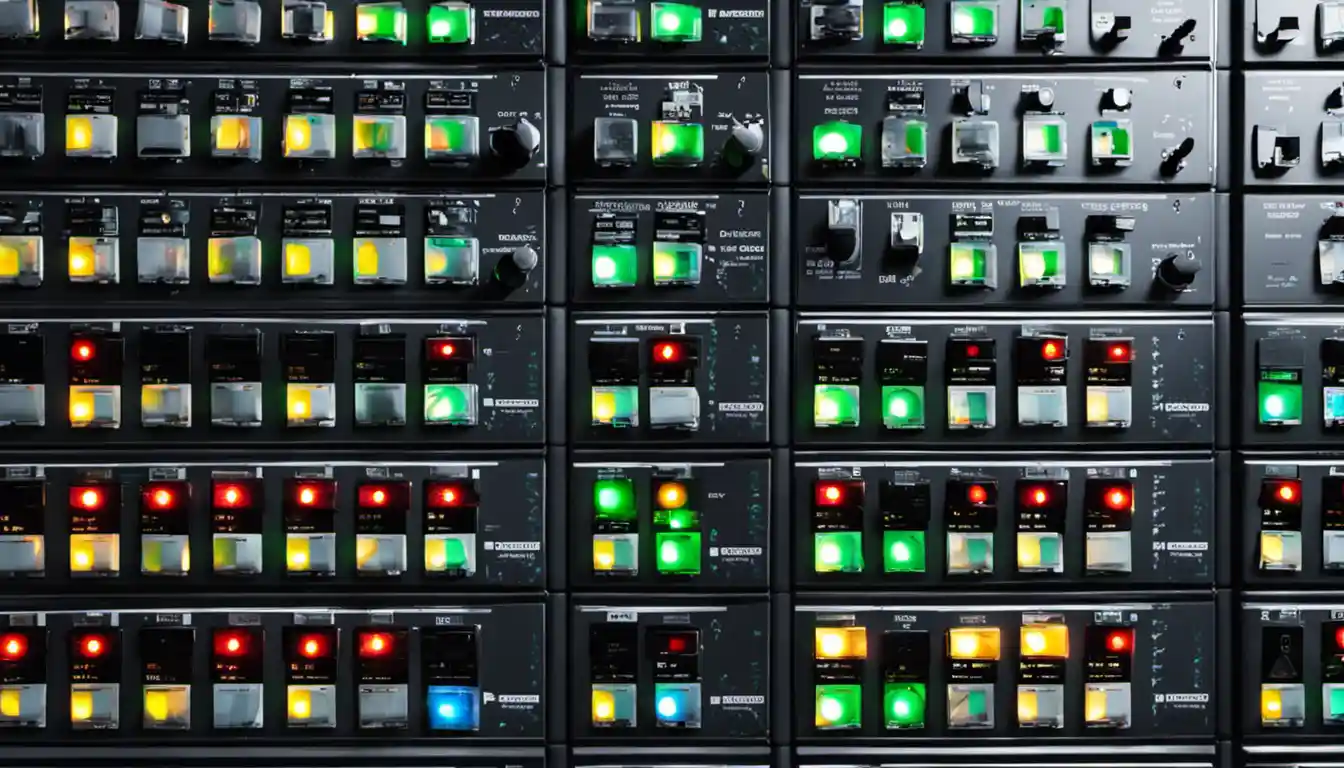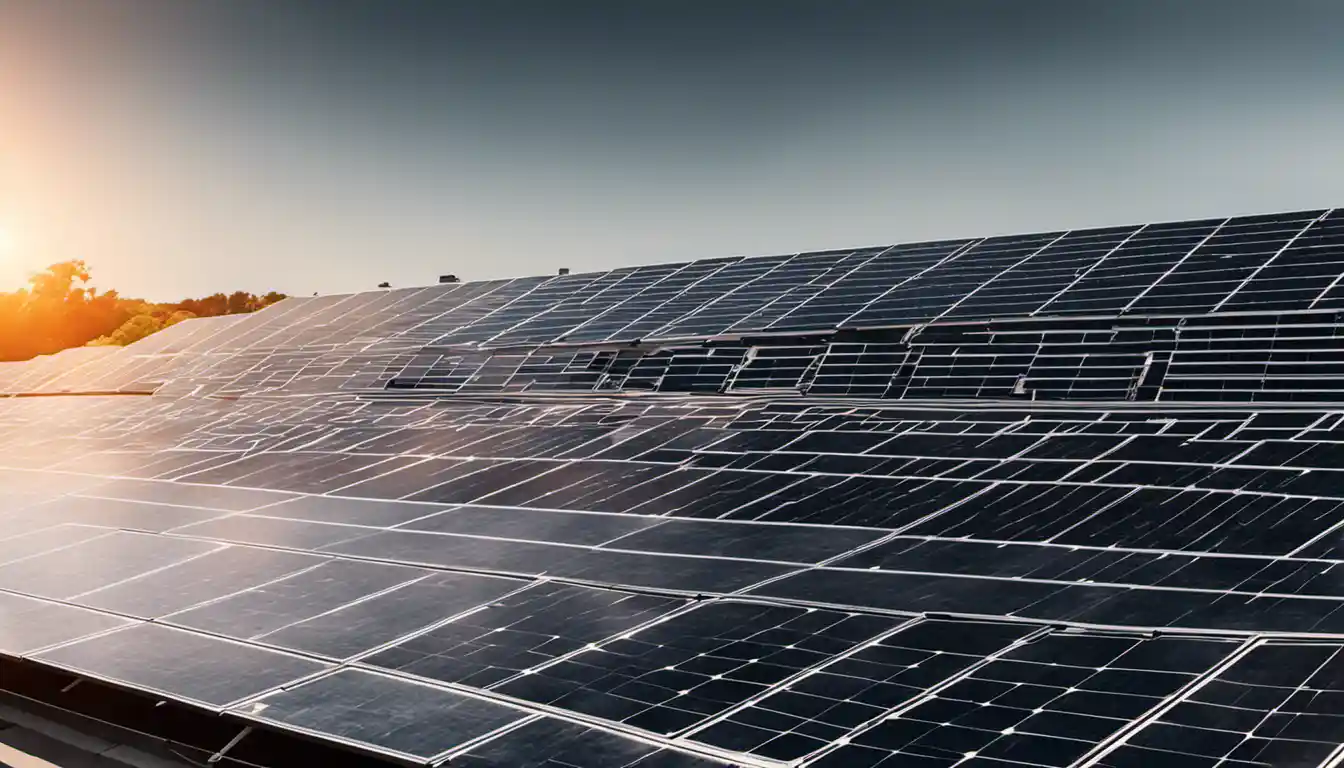Understanding Batteries
Yes, a solar panel can overcharge a battery if there is no charge controller in the system. The function of a charge controller is to regulate the flow of electricity from the solar panels to the battery, preventing overcharging and thus extending the battery’s lifespan.
Before we delve into the mechanics of how overcharging occurs and how to prevent it, it’s important to understand what a battery is and how it works. At its core, a battery stores electricity, which it releases when needed to power devices. It does this using a chemical reaction that creates a flow of electrical charge from one terminal of the battery to another.
Familiar Battery Technologies
Now, there are different types of battery technologies available, each with its distinct charging, discharge rates, and lifespan. But for the purpose of this discussion, we’ll stick with the two most commonly used batteries in solar energy storage systems – Lead-Acid Batteries and Lithium-Ion Batteries.
Lead-Acid Batteries
Lead-acid batteries are one of the oldest types of rechargeable batteries. Despite their age, they are still widely used due to their capability to deliver high surge currents and relatively low self-discharge rate. The downside is they require regular maintenance.
Lithium-Ion Batteries
Lithium-ion batteries, on the other hand, have higher energy density and longevity, with no memory effect and low self-discharge. They’re a popular choice for electronics and electric vehicles, now finding use in solar power storage too.
Overcharging of Batteries: An Overview
Defining Overcharging
Overcharging a battery refers to the scenario where a battery is charged beyond its maximum capacity. Think of a glass of water – when you keep pouring even after the glass has filled, you’re essentially “overfilling” it, aren’t you? The excess water spills out, creating a mess. That’s precisely how overcharging works in batteries, but with less spillage and a lot more internal damage!
Impact of Overcharging on Battery Health

Overcharging can have disastrous effects on the health of a battery. It can lead to overheating, acid leakage, swelling, and even explosions in extreme cases. It may also significantly reduce your battery’s lifespan and performance.
Realities of Solar Panels and Overcharging
Potential for a Solar Panel to Overcharge a Battery
Back to our primary query – “Can a solar panel overcharge a battery?” The answer, as mentioned before, is yes. Especially when a solar panel, without a charge controller, is directly connected to the battery, posing a risk of overcharging and battery damage.
Overcharging a 12v Car Battery with a Solar Panel: Is it Possible?
Here’s another concerned query we often come across – can you overcharge a car battery with a solar panel? The response is pretty much the same. Without a charge controller to regulate the charge, your 12v car battery can indeed be overcharged by a solar panel.
Prevention Measures against Overcharging
Now, how do you protect your batteries from overcharging?
Steps to Prevent Overcharge in Batteries
To prevent overcharging, you should always use a charge controller when charging a battery with a solar panel. The controller not only protects the battery from overcharging but also ensures it doesn’t get too depleted, thereby maximizing its lifespan. It also protects the solar panel by preventing reverse currents.
Key Role of Solar Charge Controllers

Charge controllers play a pivotal role in ensuring the safety and efficiency of your solar energy system. From this article on [/what-is-a-solar-charger](our learning center), you’ll get an in-depth understanding of solar chargers, another name used synonymously with charge controllers.
Optimal Battery Practices for Prolonged Life
Battery Technologies Suitable for Maximal Charging
Fiends into tech trends would know that battery technology is advancing at a breakneck speed. Today’s batteries are evolving to provide more energy, charge faster, last longer, and be safer for usage. Amongst such advancements, LifePO4 (Lithium Iron Phosphate) and other types of Lithium-ion batteries with built-in Battery Management Systems (BMS) are of notable interest for solar storage.
Ideal Depth of Discharge for Home Batteries
Depth of Discharge (DoD) concerns how much of a battery’s power has been used. A battery’s DoD should be factored in when designing a solar power system. For instance, lead-acid batteries used in a solar application typically have a DoD of 50%, while most lithium-ion batteries have a DoD of nearly 90%.
Essential Aspects of Solar Panel Charging
Solar Panel for 12v Battery: Choosing the Right Size
When it comes to charging a 12v battery with a solar panel, choosing the right panel size is crucial. The easy rule of thumb is, panel output voltage should be the same as battery voltage. So, a 12v solar panel is ideal for charging a 12v battery.
Connecting Solar Panels to Batteries: Series or Parallel

When expanding your solar array, you have two options, connecting t
he panels in series or in parallel. The ideal choice depends on your system needs and the type of inverter you’re using.
Understanding Charge Controllers: MPPT vs PWM
MPPT (Maximum Power Point Tracking) and PWM (Pulse Width Modulation) are the two types of charge controllers. While PWM is more affordable, MPPT offers higher efficiency, making it the better choice for more extensive solar systems.
Final Summary on Solar Panel Overcharge
Alternate energy technologies such as solar power have come a long way in the past few decades. But like all technologies, they too have their disadvantages, and battery overcharge is one of them. However, proper understanding and good practices can easily solve this issue.
So can a solar panel overcharge a battery? Yes. But can you easily prevent it? Absolutely. By implementing tried-and-true strategies and equipping your system with the right components like solar chargers, you can make the most out of your solar power system, ensuring safety, performance, and long-term reliability. Remember, when it comes to solar, an intelligent approach goes a long way!
Knowledge on Battery Charging: Addressing Common Questions
Solar Panel Sizes for Maintaining 12 Volt Battery
To maintain a 12-volt battery at full charge, a 12-volt solar panel suffices. However, for charging a depleted battery, the panel’s wattage should be considered, favoring higher wattages for faster charging.
Safety of Leaving a Solar Trickle Charger On All The Time
When connected to a charge controller, it’s safe to leave a solar trickle charger connected to your battery all the time to keep the battery topped up. However, without a controller, there’s always a risk of overcharging. Be safe, folks!



